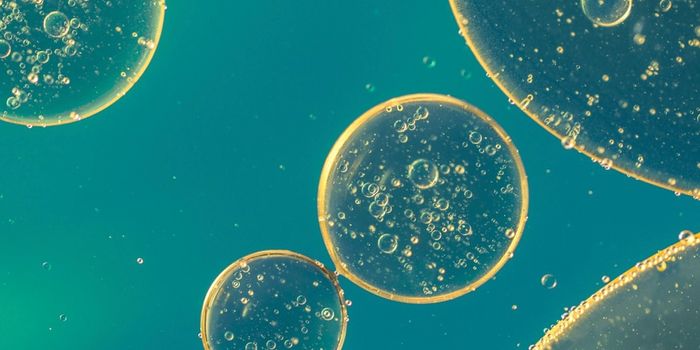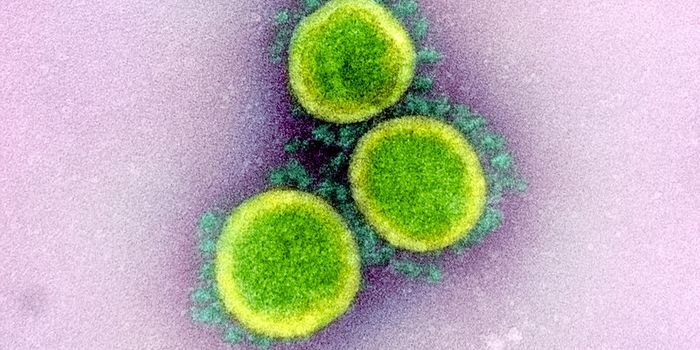Fruit Flies Generate Gut Bacteria for the Next Generation
Research into the gut microbiome has exploded in recent years. It really got going when genetics techniques advanced to the point where the microbial species living in the gut could be identified by sequencing bacterial genes in fecal samples. It’s since been established that the gut microbiome has a massive impact on our lives. Learning more about how that microbial community influences health and disease means finding a way to model the system. While mice are an obvious choice, fruit flies could also be good models because we already know so much about using them in the molecular lab. Reporting in PLOS Biology, scientists at the Gulbenkian Institute of Science (IGC) have now shown how bacteria colonize the fruit fly.
This work will help scientists investigate how to manipulate the microbiome, and what the impacts are. It could improve agriculture, pest management, or even human health.
It was once assumed that a common molecular research model, Drosophila melanogaster (fruit flies), did not carry microbes in their guts. Work by researchers in Luis Teixeira's lab at IGC showed that in actuality, a stable bacterial community can exist in fruit flies.
However, it appears that flies used in research laboratories all over the world are connected to bacteria that cannot live in the intestine. These bacteria end up growing in the flies' food; the flies end up ingesting them with their meal. Wild flies, however, have a completely different system.
The IGC team found that in the wild, bacteria associated with fruit flies are far more likely to colonize the gut. Interestingly, bacteria that colonize wild flies can also live the intestines of lab-kept flies. The researchers focused on those strains of bacteria and showed that in fruit flies, a stable and continuous colonization of the gut ensures that bacteria then passes into the environment, which benefits the next generation.
"The fruit fly practices a kind of farming by transporting with them the bacteria that are sown in the area where the next generation will grow and feed. Doing so, the next generation of flies will obtain all the benefits related to these bacteria for their development and fertility," explained Ines Pais, a researcher in the Teixera lab.
"This interaction is also similar to what happens when human beings use yeast to bake bread, or bacteria to make yogurt," added Teixeira.
"The bacterial community in fruit flies is much smaller and simpler than in mammals. Also, it is relatively easy to produce fruit flies without any bacteria, which facilitates the study of colonization. Since similar biological mechanisms exist between the fruit fly and humans, we think that there are many lessons that we can learn from the fly,” noted Texeira.
Many insects are also involved in the transmission of diseases that can impact agriculture or human health. Knowing more about the gut bacteria in those insects may help control those diseases. “Through the manipulation of their microbiota, it might be possible to control these insects or their capability to transmit diseases, for example, Dengue virus and malaria parasites," explained Teixeira.
Learn more about the Drosophila model from the video.
Sources: Phys.org via Instituto Gulbenkian de Ciencia, PLOS Biology










